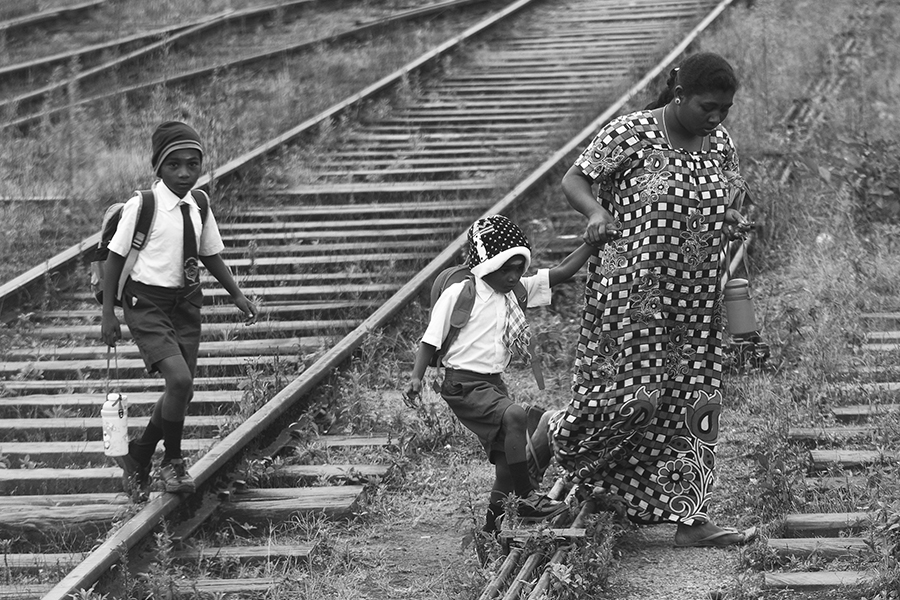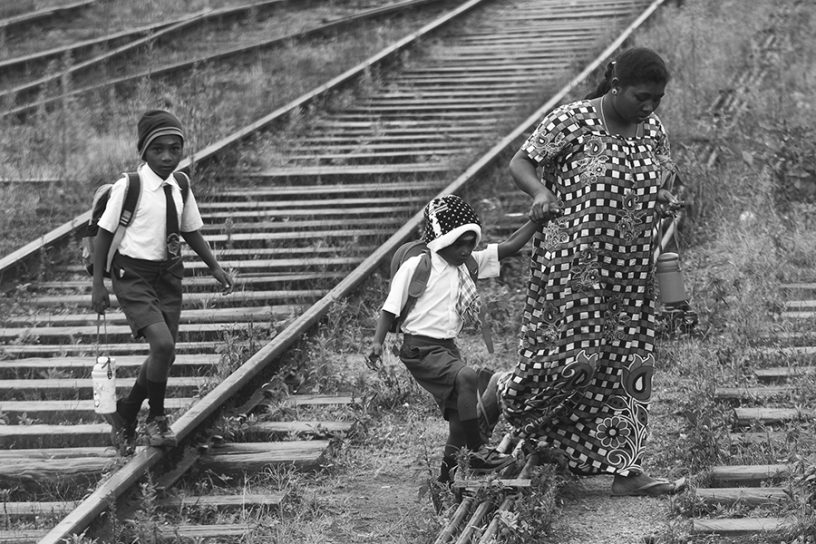
This paper discusses how mothers from a poor neighbourhood in India straddle between household work, paid employment and children’s education.
Author
Sriti Ganguly, Assistant Professor, Jindal School of Liberal Arts & Humanities, O.P. Jindal Global University, Sonipat, Haryana, India.
Summary
The paper argues that the mother’s association with the child’s schooling and educational needs is not just limited and peculiar to the middle-class families, as the literature suggests, but it is increasingly true of poor and working-class families too.
This paper discusses how mothers from a poor neighbourhood in India straddle between household work, paid employment and children’s education and how they envisage and support their children’s schooling, at times going against the general tide to ensure a better life for their children.
Other than highlighting the gendered nature of support for children’s education, this paper, also outlines the nature of the differences and distinctions among mothers from a poor neighbourhood in terms of the family social status and educational levels.
Published in: British Journal of Sociology of Education
To read the full article, please click here.


